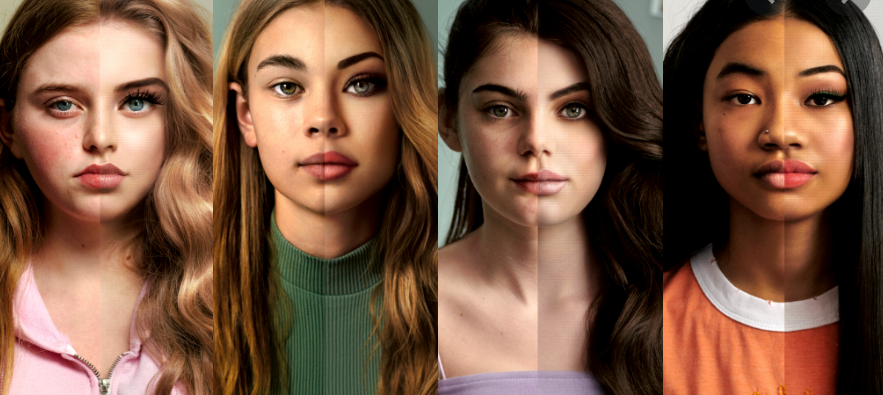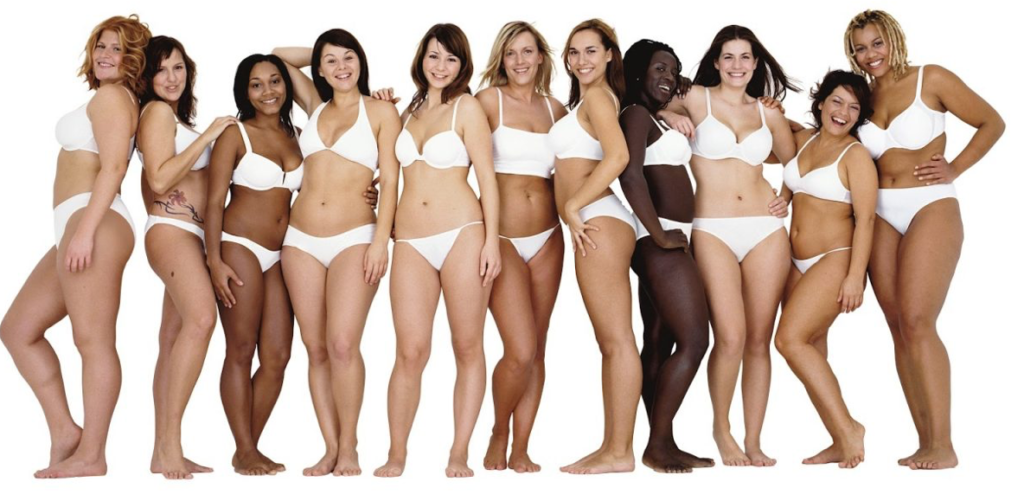
It’s no lie that social media is known to control people’s lives, whether this is by changing body image, dietary plans, or clothing influences. So, it came to no surprise that studies show 88% of women compare themselves to images they observe on social media. With the unrealistic expectations, online dove is fighting against it to showcase the damage to edited images.
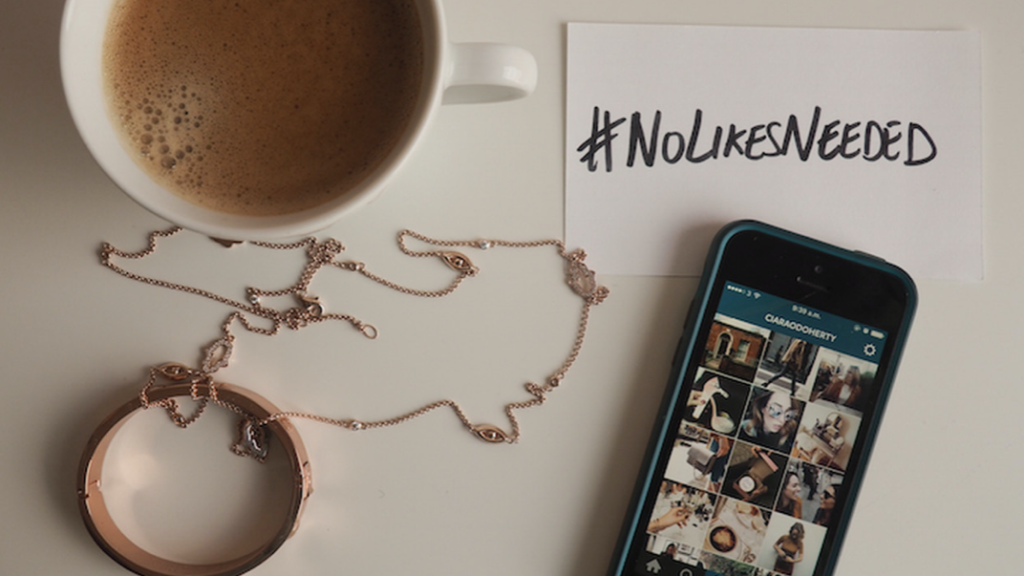
“At the time that Evolution was released, the beauty industry was seen as doing the most damage to women’s self-esteem, but since then the world has evolved, and now it’s selfie apps and the pressures of social media that pose the biggest threats,”
says Daniel Fisher, global ECD for Unilever at Ogilvy and WPP.
With apps now allowing users to blemish their skin, alter the shape of their face and body, and many more things, they make it easier for users to use it. The reason this specific campaign was aimed toward the younger generations is because they will be growing up in the world of editing and social media.
Dove then created a campaign called “reversed selfie” to show people how much work goes into editing and modifying before an image is posted.
The short film used a visually young girl being influenced by her feeds on social media, and applied makeup and editing her own photos to post, however, it was done in reverse. The reason for the reverse was to focus on the idea of people reversing the damage to social media expectations to young women and girls. They also created brief Instagram clips to also emphasise the idea of reversing the toxic ideas.
Amongst the film, photographer, Sophie Harris, displayed the ideas by taking photos of teenage girls and editing half of their face to appear photoshopped to the idea of “perfect” and the other half normal. This contrasted the realistic and unrealistic portrayal of social media.
Dove also address the issue on their Instagram platform to educate their followers on the impact editing. They used facts and re-post women who supported the movement. Research also conducted by Dove showed “the longer girls spent editing their photos, the more they reported low body esteem.”
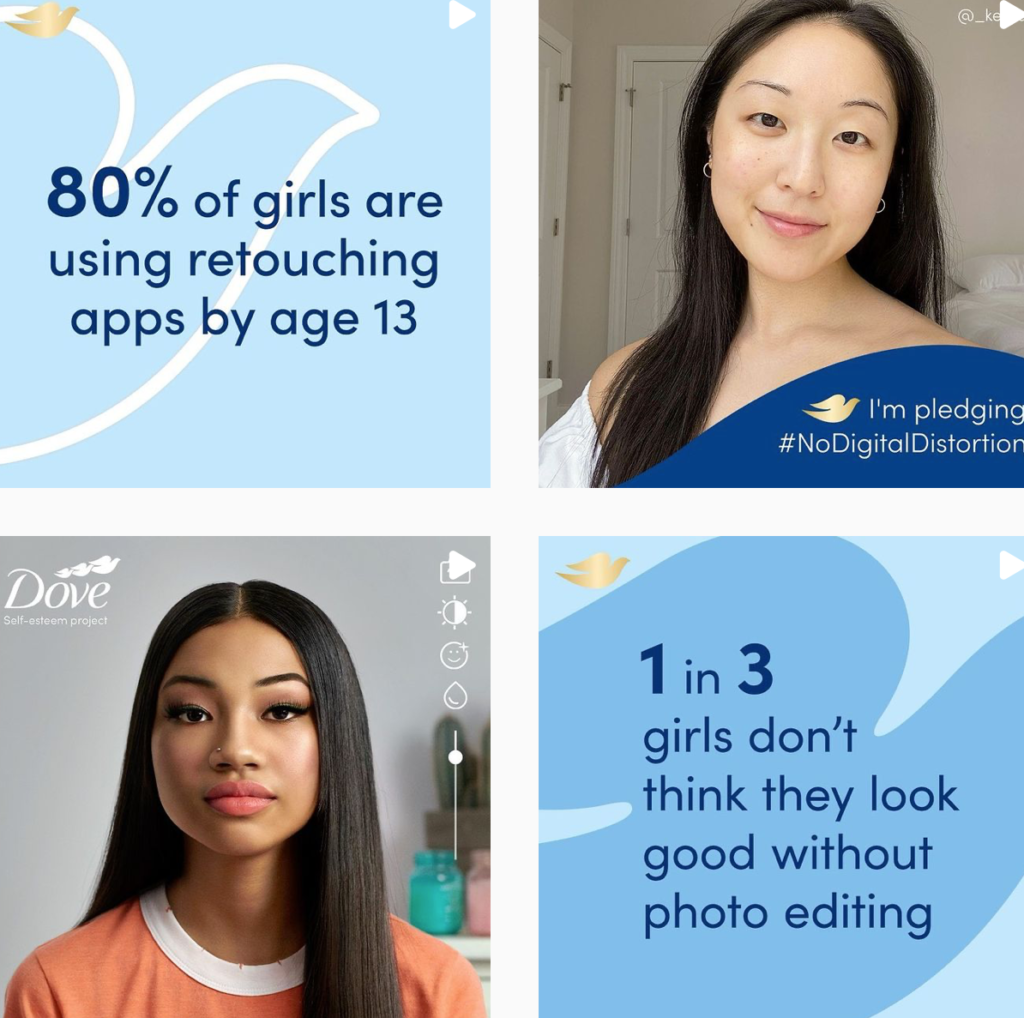
The DESP mission
Their mission was to help the next generation grow up with positive relationships with the way they look. Dove believes, with the support of parents, teachers, mentors, and youth organisations, they can deliver body confidence education to the youth. DESP tools and resources are developed by self-esteem experts from around the world and are proven to generate a positive impact on confidence.
To help further support this campaign, Dove has created confidence kits that are free to download online for teachers and parents to use. The teacher kit is aimed at 11-14-year-olds and allows the teachers and pupils to recognize the impact of “idealism” through media. The parent kit is a social media confidence kit for parents as well. The kit encourages conversation on “the selfie talk”, puberty consent, and sex. The kits are easy to access on their website.
Teacher’s programme has been proven to
Improve body image
Boost self-esteem
Reduce social impairment
Parent’s consent has been proven to
Improve body image and self-esteem of mothers
Improve self-esteem of daughters
Increase number of conversations between daughters and mothers on body confidence
Prompts mothers to seek more support for the body confidence of their daughters.
Dove is using the hashtag #NoDigitalDistortion and will display ads all over the world via TV, print social, and digital. They have also received support from celebrities such as Lizzo and Stacey Solomon, who have both commented about the campaign on their social media accounts.
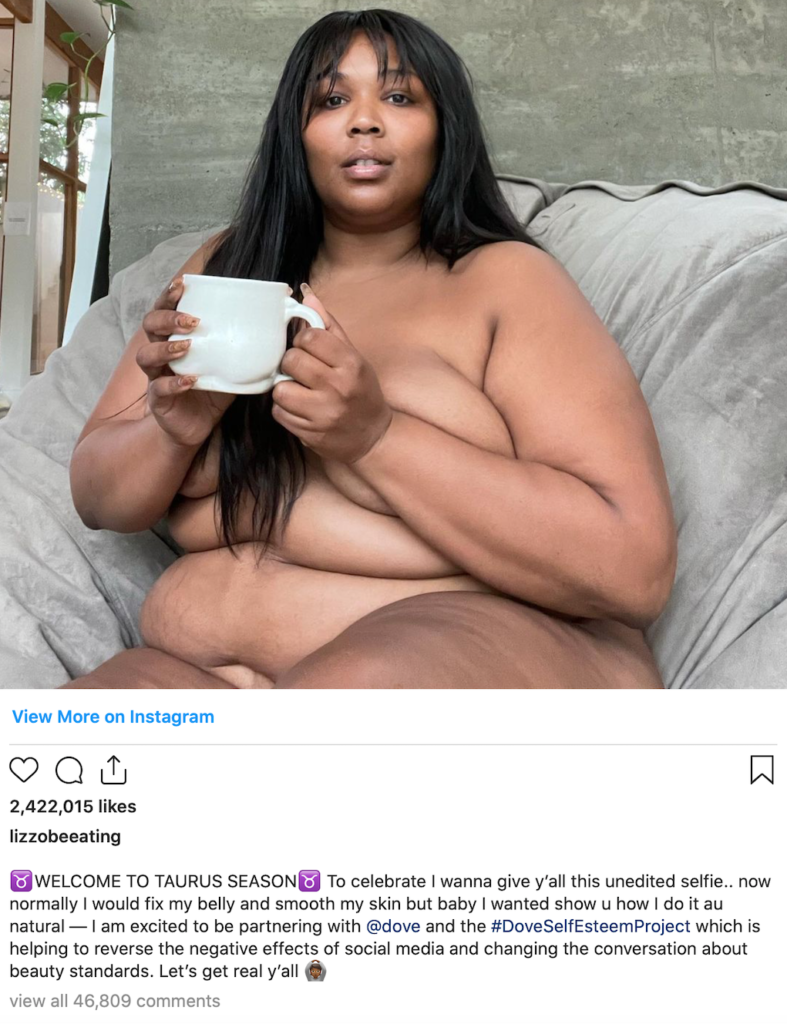
Lizzo announced her partnership with Dove in front of her 10 million fans on Instagram. She uploaded an empowering image of herself and used the hashtag #doveSelfEsteemProject to address the controversy on beauty standards.
